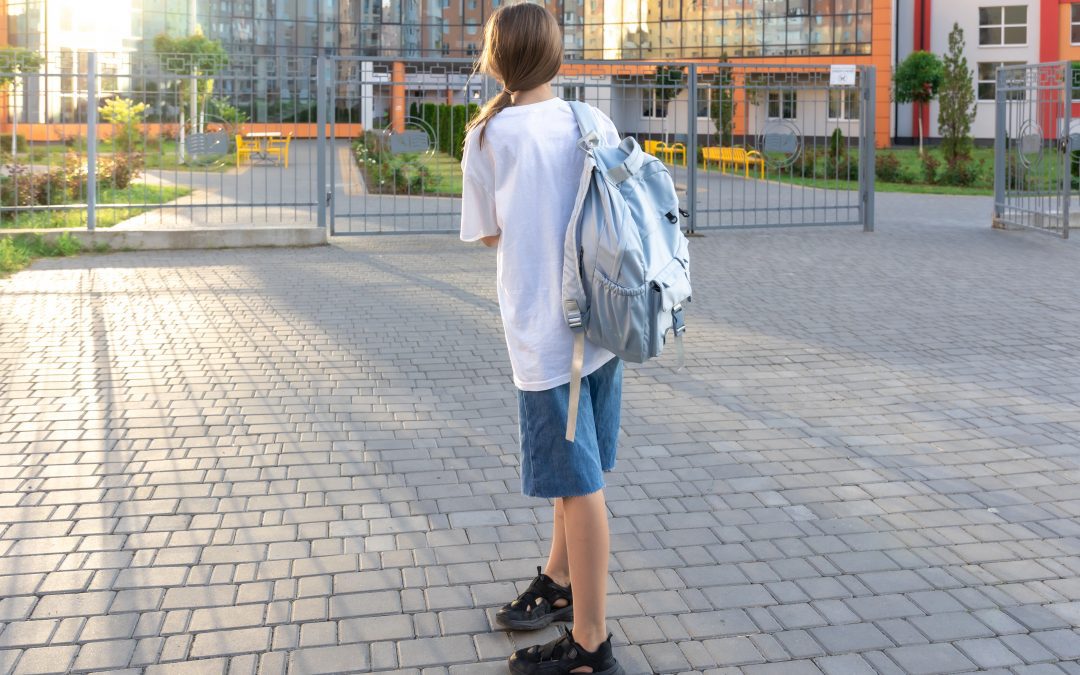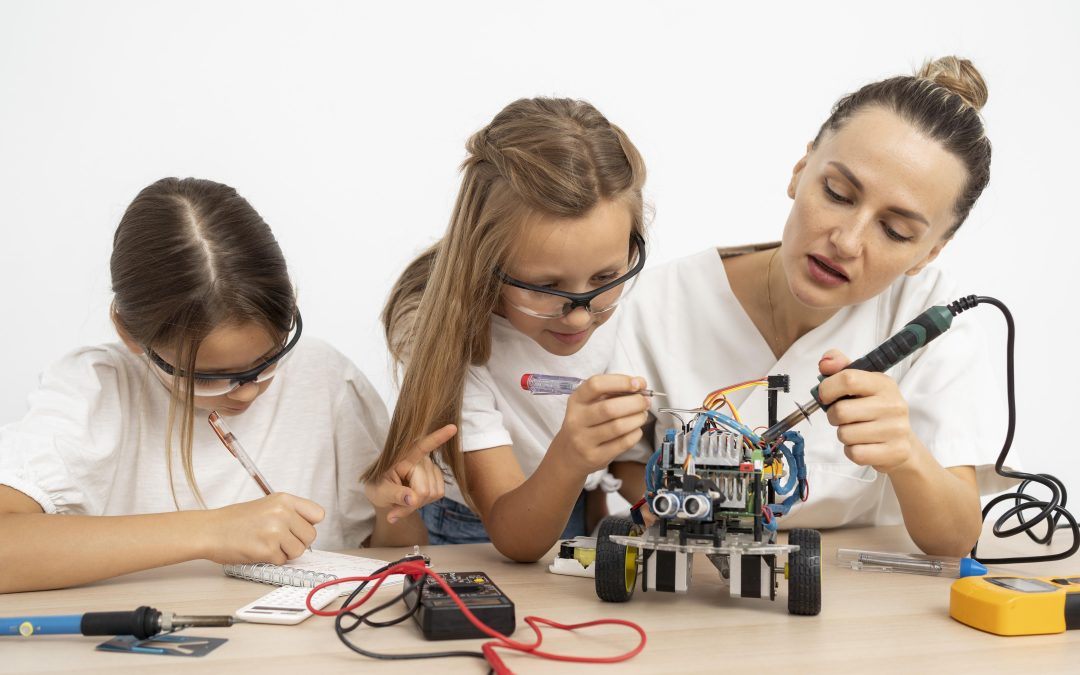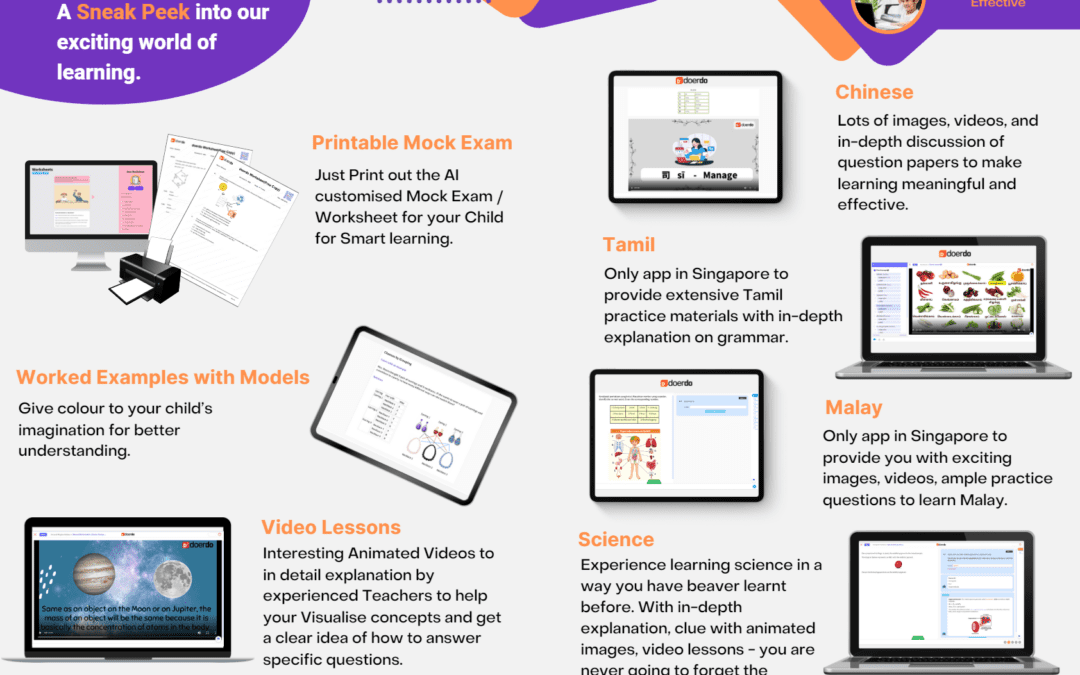The Integrated Programme (IP) stands as a groundbreaking educational pathway in Singapore’s academic landscape. Unlike the traditional O-level track, IP offers a seamless six-year course that lets students skip the GCE O-levels, diving straight into preparing for the International Baccalaureate (IB) or NUS High School diploma.

What sets IP schools apart? They’re designed for academically strong students who thrive on intellectual challenges. Instead of cramming for O-levels, students spend more time developing skills such as critical thinking and communication. MOE introduced this programme to nurture independent learners who can think outside the box.
The beauty of this 6-year course lies in its flexibility. Students enjoy deeper learning experiences, tackle complex project work, and explore their interests without the mid-point pressure of O-level examinations. This innovative structure creates well-rounded individuals ready for university life, rather than just exam-smart students.
Direct School Admission: A Gateway to IP Schools
The Direct School Admission (DSA-Sec) process opens exciting doors for Primary 6 students hoping to secure spots in prestigious IP schools before their PSLE results. This unique pathway, designed for students with special talents, kicks off as early as May 2024, giving families ample time to explore school choices and prepare applications.
To apply directly through DSA-Sec, students must showcase exceptional abilities in specific talent areas – from academics to sports, arts, or leadership. The process typically involves submitting portfolios, attending interviews, and sometimes participating in talent trials. Schools also look beyond grades, focusing on the child’s potential to represent the school in their chosen field.
Top IP Schools in Singapore for DSA
Singapore’s elite IP schools offer diverse pathways for talented students.
Raffles Institution (RI)
At the forefront of Singapore’s education landscape, Raffles Institution offers a rigorous six-year programme culminating in the International Baccalaureate Diploma. Their DSA talent areas span across academics, sports, and performing arts. What sets RI apart is their comprehensive approach to developing future leaders. Students benefit from specialized programmes in mathematics, science, and humanities, alongside unique opportunities like the Raffles Academy for high-ability learners. The school accepts students through the DSA process based on both academic excellence and distinctive talents. Their cut-off score typically ranks among the highest, reflecting their commitment to nurturing academically strong students.
Hwa Chong Institution (HCI)
A beacon of educational excellence, Hwa Chong Institution’s integrated programme combines Eastern values with Western pedagogical approaches. Their DSA pathway welcomes students gifted in areas ranging from scientific research to cultural arts. The school’s unique Bi-cultural Programme prepares students for leadership roles in an increasingly interconnected world. HCI offers extensive scholarship opportunities and boasts state-of-the-art facilities, including specialized research centres. Students can participate in international exchanges and benefit from partnerships with renowned universities worldwide.
NUS High School of Mathematics and Science
Unlike traditional secondary schools, NUS High School offers a specialized curriculum focusing on mathematics and science, leading to the NUS High School Diploma. Their distinctive programme integrates advanced STEM education with a broad-based curriculum. The school accepts students through the DSA process who demonstrate exceptional aptitude in mathematics and science. What makes them unique is their close affiliation with the National University of Singapore, providing students with unprecedented access to university-level resources and mentorship opportunities.
School of Science and Technology (SST)
SST stands out with its applied learning approach to STEM education. Their integrated programme emphasizes hands-on experience and real-world applications. The school specializes in areas like biotechnology, computing, and design thinking. DSA applicants can showcase talents in innovation, engineering, or digital media. Students benefit from industry partnerships and get to work on real-world projects. The school’s modern facilities and focus on future-ready skills make it an attractive choice for technically-inclined students.
School of the Arts (SOTA)
SOTA offers a unique blend of arts and academic excellence through their integrated programme. Students can pursue their artistic passions while preparing for the IB Diploma. The school accepts students through DSA in various art forms including visual arts, dance, music, and theatre. What makes SOTA special is their dedication to nurturing both artistic talent and academic rigor. Their curriculum integrates arts training with strong academic foundations, preparing students for diverse career paths.
Victoria School/Victoria Junior College
This historic institution offers a comprehensive six-year programme leading to the IB Diploma. Their DSA pathway welcomes talents in sports, performing arts, and leadership. The school’s co-ed environment in the junior college years provides a unique transition experience. Victoria School maintains strong traditions while embracing modern educational approaches. They offer extensive CCAs and leadership opportunities, with special emphasis on character development and sports excellence. Financial assistance and scholarships are available to ensure accessibility for deserving students.
Talent Areas and Specializations in IP Schools
Each integrated programme school offers unique pathways for talented students, with specific areas where they particularly excel. Let’s explore these specializations across Singapore’s top IP schools.
Academic Excellence
Raffles Institution and Hwa Chong Institution are renowned for their academic programmes, particularly in mathematics, sciences, and humanities. Students interested in these areas can participate in specialized research projects and international olympiads. NUS High School offers an advanced curriculum specifically designed for budding scientists and mathematicians.
Sports and Athletics
Victoria School stands out for its strong sports culture, offering DSA through various sports disciplines. Their dedicated coaching programmes have produced numerous national athletes. Similarly, Raffles Institution’s comprehensive sports programme includes both traditional team sports and unique offerings like fencing and shooting.
Performing Arts Excellence
SOTA leads in performing arts education, offering specialized training in dance, music, theatre, and visual arts alongside the IB programme. Other schools like Hwa Chong Institution also offer robust performing arts programmes through their co-curricular activities.
Leadership Development
Most IP schools emphasize leadership development, but Hwa Chong Institution and Raffles Institution particularly shine with their structured leadership programmes. Students can explore community service projects, participate in Model United Nations, and lead school-wide initiatives.
STEM Innovation
SST specializes in applied STEM education, offering unique programmes in robotics, artificial intelligence, and biotechnology. NUS High School provides advanced research opportunities in mathematics and sciences, often collaborating with university faculty for student projects.
Application Tips and Strategies
Preparing for DSA Applications
Start your direct school admission journey early by researching each school’s specific requirements. Visit the schools during open houses to understand their culture and programmes. Create a timeline working backward from application deadlines, typically starting from May 2024. Remember, each IP school has unique talent areas and assessment criteria. Document your child’s achievements, certificates, and competition results systematically throughout primary school years.
Interview and Portfolio Preparation
Strong portfolios showcase not just achievements but also personal growth and passion. Include evidence of leadership roles, community service, and specific talents. For interviews, prepare authentic responses about your child’s interests and aspirations. Schools seek students who can articulate their thoughts clearly and demonstrate genuine enthusiasm for their chosen areas.
Practice mock interviews focusing on common questions about:
- Motivation for choosing the school
- Personal achievements and challenges
- Future goals and aspirations
- Understanding of the integrated programme
Beyond PSLE: The IP Journey
The six-year IP journey differs significantly from traditional secondary education. Students pursuing the International Baccalaureate diploma programme face rigorous academic expectations, including:
- Extended essays and research projects
- Theory of Knowledge courses
- CAS (Creativity, Activity, Service) requirements
NUS High School diploma offers specialized STEM focus with:
- Advanced mathematics and science modules
- Research opportunities with university faculty
- Industry attachments and mentorship programmes
- Important Considerations for Parents
- Financial Planning
Consider these cost factors:
- School fees vary between independent schools
- Additional costs for CCAs and enrichment
- Overseas trips and exchange programmes
- Learning materials and equipment
- Time and Support Requirements
The IP journey demands:
- Longer school hours
- Intensive project work
- Regular CCAs and training sessions
- Parent involvement in school activities
- Scholarships and Financial Aid
MOE provides various support options:
- Merit-based scholarships
- Financial assistance schemes
- School-specific bursaries
- Government-aided programmes
Remember to enquire about criteria and schedules for financial support applications early in the process. Schools tend to offer comprehensive support systems, including academic counseling and career guidance, ensuring students thrive throughout their IP journey.
Conclusion
Choosing the right Integrated Programme school through DSA-Sec is a significant decision that shapes your child’s educational journey. While the process may seem daunting, understanding each school’s unique offerings, from international baccalaureate pathways to specialized programmes, helps make an informed choice. Remember, success in IP schools depends not just on academic ability but also on the student’s passion, resilience, and readiness for a rigorous six-year commitment. Whether your child is interested in STEM, arts, or sports, Singapore’s diverse IP landscape offers multiple pathways to excellence. Take time to explore school choices, visit the schools, and carefully consider both the opportunities and challenges. With proper preparation and understanding, the direct school admission journey can open doors to an enriching educational experience that extends far beyond PSLE scores.
Frequently Asked Questions
Q: What is the Integrated Programme and how does it differ from regular secondary education?
A: The Integrated Programme is a six-year course that allows students to skip O-levels and proceed directly to A-levels or IB. Unlike regular secondary education, IP offers a more rigorous curriculum focusing on critical thinking and independent learning.
Q: When does the DSA-Sec application period start for 2024 admission?
A: Applications open at 9am on Monday, 10 May 2024. Parents should check individual school websites to learn specific deadlines and requirements.
Q: Can my child participate in the Secondary 1 posting exercise if accepted through DSA?
A: No. Once a student accepts a DSA offer, they cannot participate in the S1 posting exercise. The DSA acceptance is binding.
Q: What are the key talent areas schools look for in DSA applications?
A: Schools consider various talent areas including academics, sports, performing arts, leadership, and STEM capabilities. Each school may specialise in different areas.
Q: How important are PSLE scores for DSA admission?
A: While PSLE scores are considered, DSA focuses more on specific talents and potential. However, students must still meet minimum academic requirements.
Q: What’s the difference between the International Baccalaureate diploma and NUS High School diploma?
A: The IB diploma is an internationally recognized qualification, while the NUS High School diploma is specialized for STEM-focused education with strong university recognition.
Q: Do all IP schools offer six-year courses?
A: Yes, all integrated programme schools offer six-year courses leading either to the IB diploma or NUS High School diploma.
Q: How can students prepare for DSA interviews and selection tests?
A: Students should research their chosen schools, prepare portfolios showcasing achievements, practice interview skills, and stay updated with current affairs.
Q: Are there scholarships and bursaries available for IP schools?
A: Yes, MOE and individual schools offer various financial assistance schemes, merit-based scholarships, and bursaries.
Q: What happens if my child wants to leave the programme after Year 4?
A: Students can transfer to an O-level track at other secondary schools, though this requires careful consideration and consultation.
Q: How do co-ed schools differ from single-sex schools in the IP track?
A: The main difference lies in school culture and learning environment; academic standards and programmes remain comparable.
Q: Can students apply directly to the school for DSA, or must they go through MOE?
A: Applications are made through the centralized DSA-Sec portal managed by MOE, though schools conduct their own selection processes.
Q: What support systems are available for IP students?
A: Schools provide academic counseling, pastoral care, mentoring programmes, and extra tutorials when needed.
Q: How many schools can we apply to through DSA-Sec?
A: Students can apply to up to three schools through DSA-Sec, with up to two talent areas per school.
Q: What’s the success rate for DSA applications in top IP schools?
A: Success rates vary by school and talent area, typically ranging from 5% to 20% of applicants.
Q: Are there specific cut-off scores for different talent areas?
A: Schools don’t usually publish cut-off scores for DSA, as selection is based on overall assessment of talent and potential.
Q: How can parents best support their child through the IP journey?
A: Parents should provide emotional support, ensure work-life balance, and maintain open communication with teachers.
Q: What happens if my child doesn’t meet the academic requirements during the programme?
A: Schools offer intervention programmes and may recommend transferring to a more suitable academic track if necessary.
Q: Can students with visual impairment or other special needs apply through DSA?
A: Yes, many schools accept students with special needs through DSA, providing appropriate support systems.
Q: What are the key dates to remember for school visits and admission processes?
A: Key dates include school open houses (typically March-April), application period (May), and selection processes (June-August). Visit the schools early to understand their culture and programmes.










